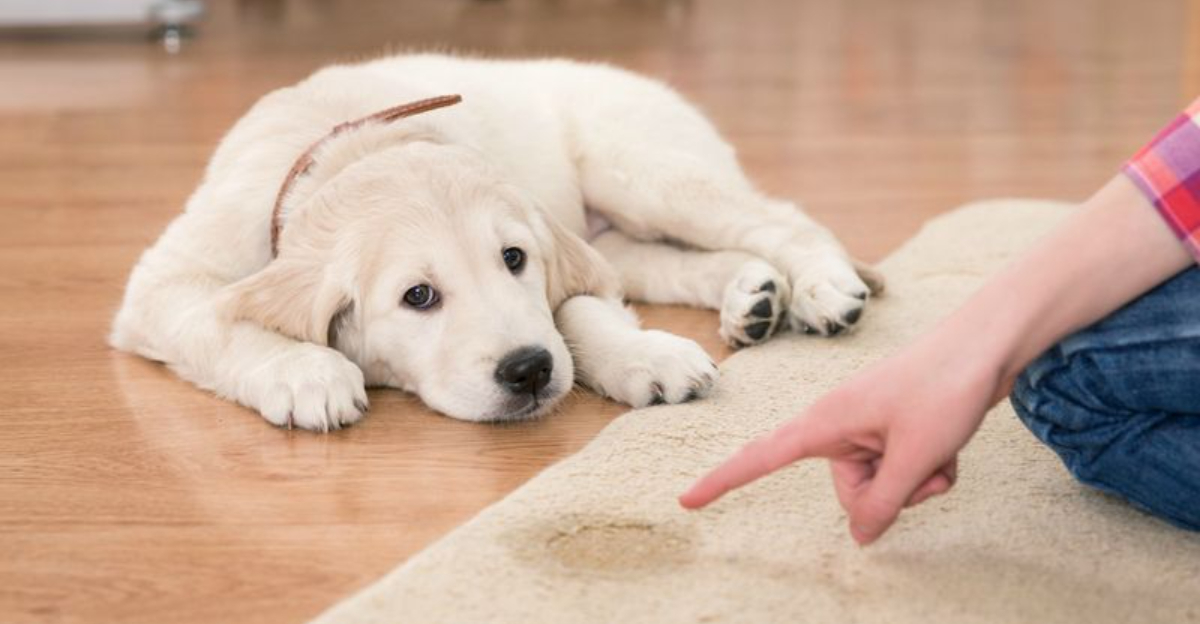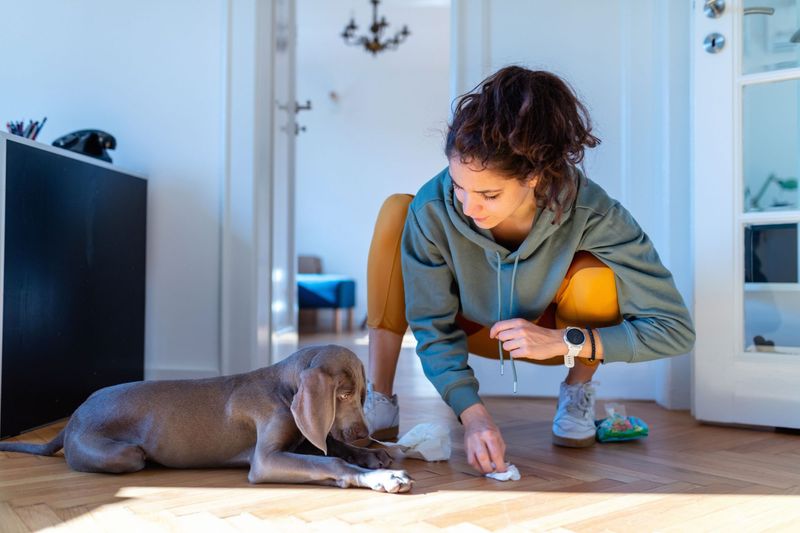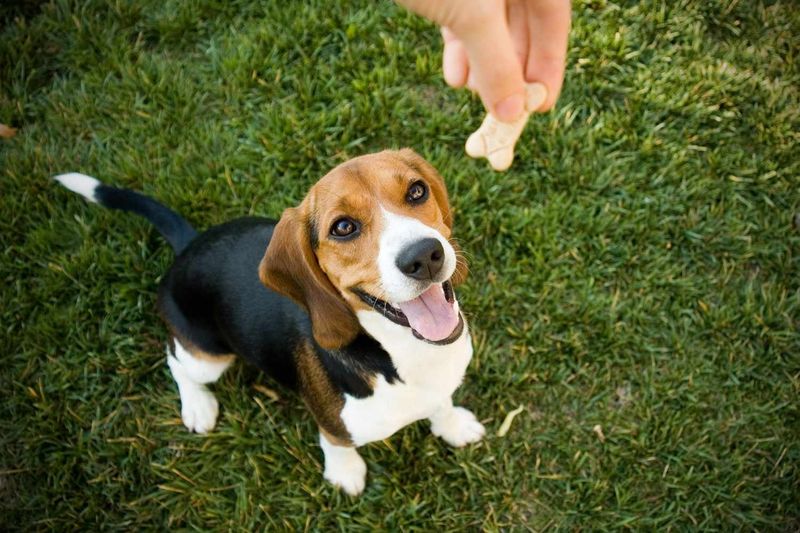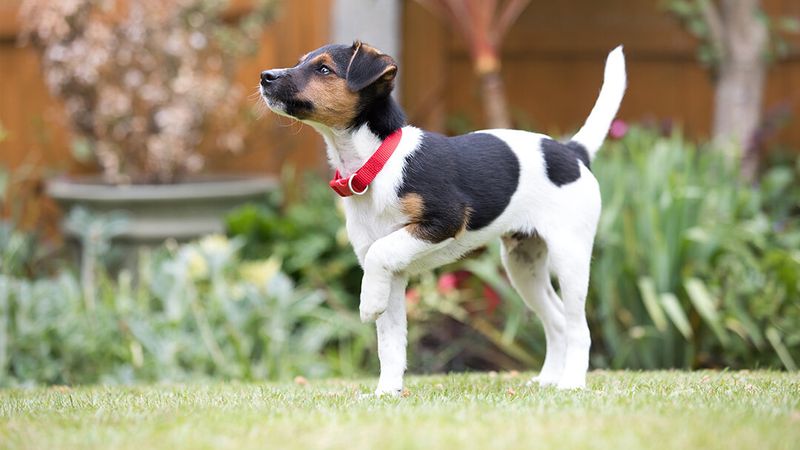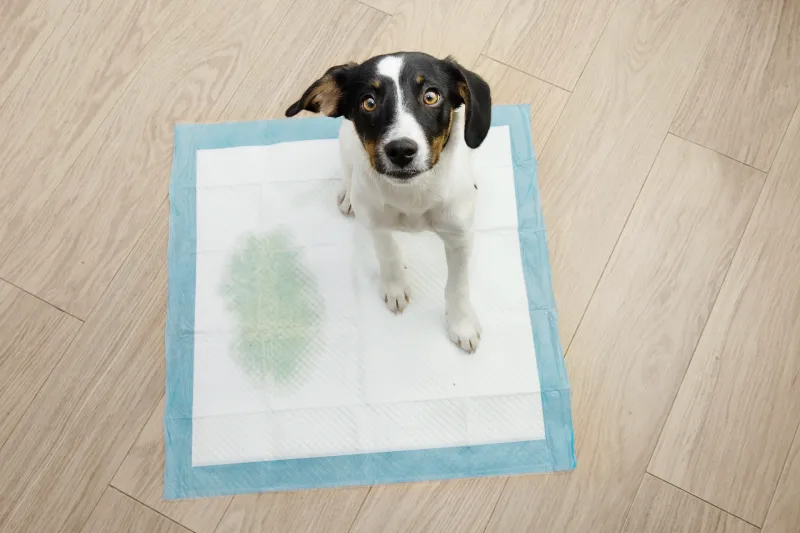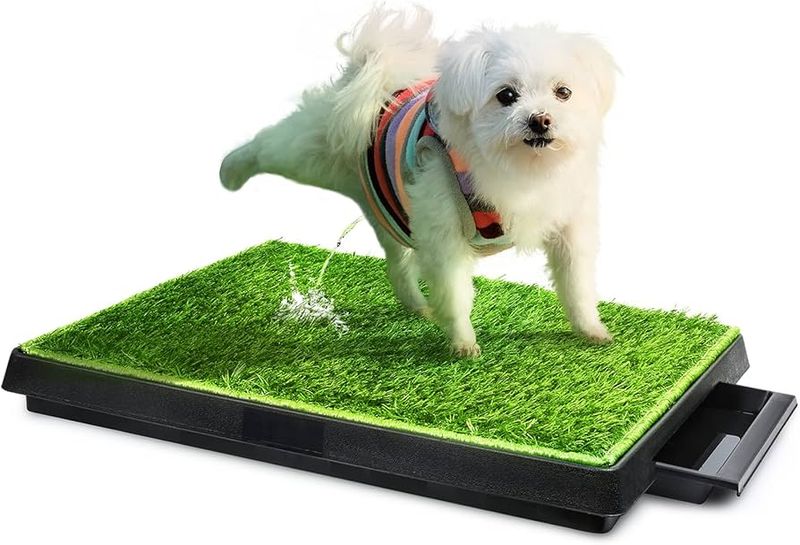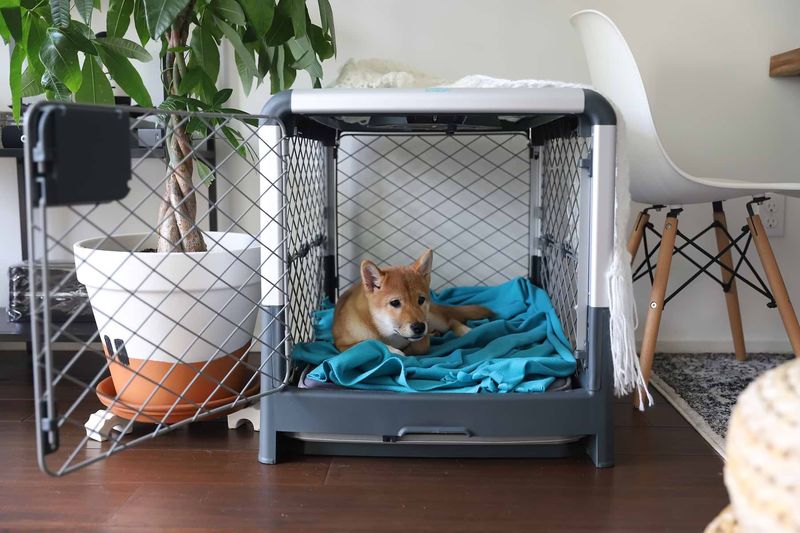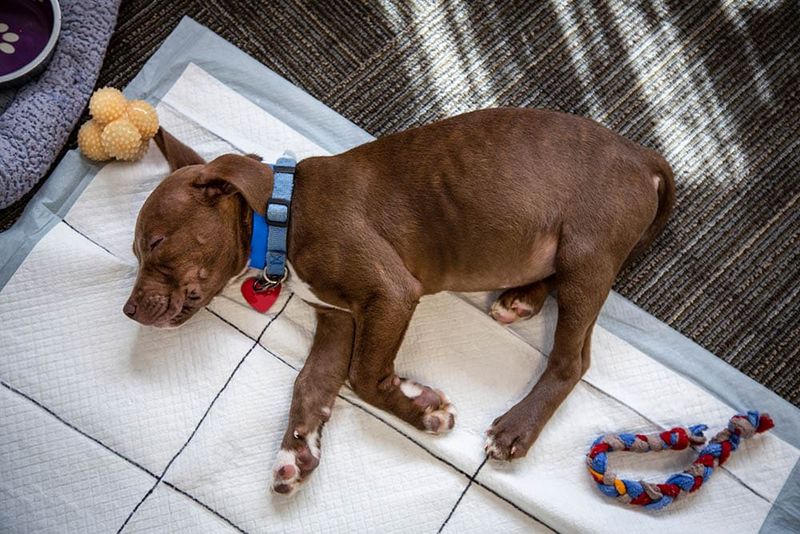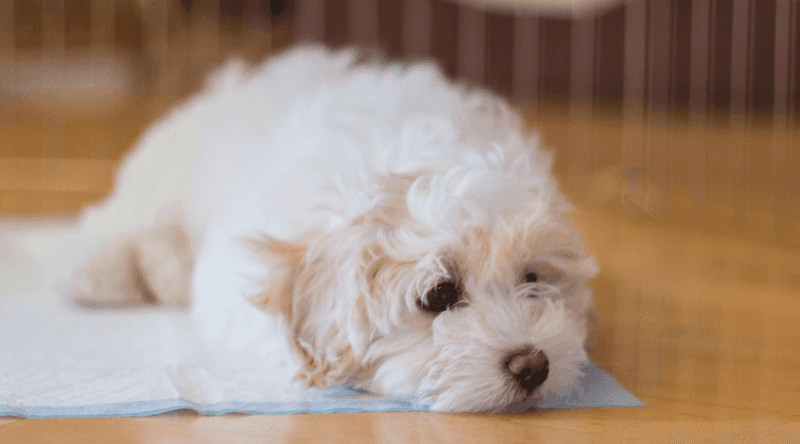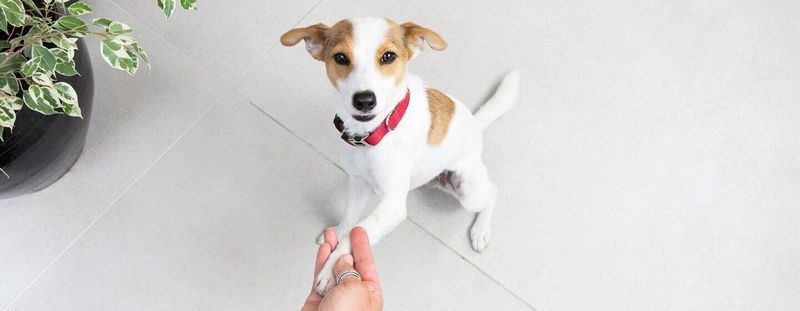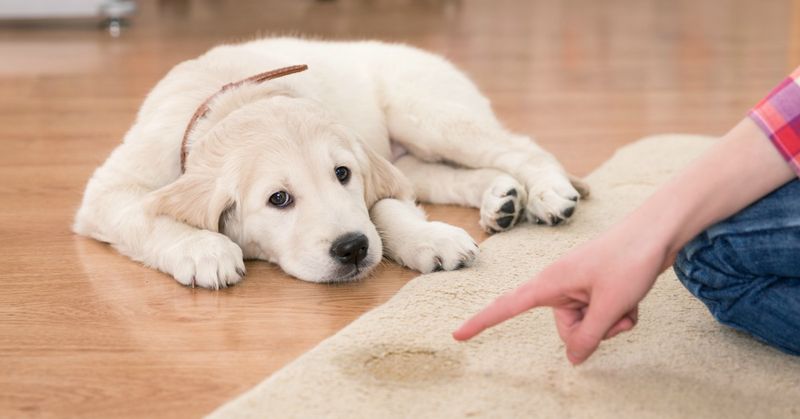Potty training your puppy is a crucial step in nurturing a well-behaved and happy canine companion. While it may seem straightforward, many pet owners unknowingly make mistakes that can hinder the process. Understanding these common pitfalls can help pave the way for successful training. Get ready to discover the top ten mistakes that may be throwing off your puppy’s potty training progress and learn how to avoid them.
Inconsistent Training Schedule
Consistency is key in potty training. Puppies thrive on routine, and when training times vary, they get confused. Imagine expecting breakfast at different times each day—it’s puzzling! Establishing a regular schedule helps your puppy anticipate when it’s time to go out. This predictability reduces anxiety and prevents accidents. Keep feeding and potty times consistent to create a routine that becomes second nature. A dependable schedule fosters confidence and aids faster learning. Think of it as setting the clock for success!
Lack of Positive Reinforcement
Puppies, like humans, respond well to positive feedback. Reward-based training not only encourages desired behaviors but strengthens your bond. Picture a child receiving praise for good grades—it boosts morale! When your puppy potties outside, reward them with treats or affection. This association makes outdoor potty breaks something to look forward to. Consistent rewards lead to consistent behavior. Remember, a little praise goes a long way in building a happy, well-trained pup. It’s the power of positivity at work!
Overlooking Signs of Readiness
Recognizing readiness cues is crucial. Puppies often signal the need to go with subtle behaviors. Imagine a dance partner waiting for a cue—missed signals lead to missteps! Watch for sniffing, circling, or whining. These signs indicate it’s time for a potty break. By responding promptly, you teach your puppy that communicating needs is effective. Ignoring these signs can lead to confusion and setbacks. Being attentive and proactive makes training smoother and fosters a trusting relationship. Readiness is the silent language of success!
Punishing Accidents Too Harshly
While accidents are frustrating, harsh punishment is counterproductive. Imagine scolding someone for a mistake they don’t understand—it only breeds fear. Puppies learn best in an environment of patience and understanding. Instead of punishment, calmly clean up and redirect your puppy to the right spot. Encourage and reward them when they succeed. This approach builds trust and promotes faster learning. Remember, accidents are part of the learning curve. Patience and gentle guidance pave the way to success. Compassion over criticism wins!
Not Using the Same Spot
Consistency extends beyond timing—it includes location too. Using the same potty spot reinforces learning. Imagine always changing your study area—it hinders focus and retention! Designate a specific area for your puppy’s potty breaks. Familiar scents signal it’s time to go and make the task instinctual. This routine makes it easier for your puppy to understand expectations. A familiar spot reduces confusion and accelerates training. Establishing a ‘go-to’ potty place is like setting a foundation stone for successful training!
Skipping Crate Training
Crate training provides structure and security essential for successful potty training. Imagine a child having their own comfy space—it’s comforting! A crate becomes your puppy’s den, a place where they naturally avoid soiling. Properly introduced, it aids in learning bladder control and schedules. It’s not about confinement but creating a safe haven. Use the crate responsibly as a tool for training, not punishment. It’s about balance and comfort, ensuring your puppy feels secure, not trapped. Crate training is a cornerstone of effective potty training.
Ignoring Medical Issues
Sometimes, potty training issues stem from underlying health concerns. Imagine trying to focus with a toothache—it’s distracting! If accidents persist despite consistent training, consult a vet. Conditions like urinary tract infections can impede progress. Early detection ensures your puppy stays healthy and training stays on track. Ignoring such issues not only frustrates but delays progress. Regular check-ups keep surprises at bay and ensure a happy, healthy pup. Your puppy’s health is the foundation of all training success!
Impatience with Progress
Patience is a virtue, especially in training. Like planting a garden, growth takes time. Expecting quick results can lead to frustration. Understand that every puppy learns at their own pace. Celebrate small victories and be patient with setbacks. This journey isn’t a race but a learning experience. Your calm, supportive presence boosts your puppy’s confidence. Each step forward, no matter how small, is progress. With patience, you’ll watch your puppy blossom into a well-trained companion. Remember, growth is a gradual process, not an instant result!
Confusing Commands
Clear communication is essential for effective training. Imagine learning a new language with contradictory instructions—it’s bewildering! Using consistent commands ensures your puppy understands expectations. Choose simple, single words for commands and stick to them. Variations only cause confusion and delay progress. Whether it’s ‘potty’ or ‘go’, consistency is key. This clarity builds a bridge of understanding between you and your puppy. Avoid mixed messages, and you’ll find training smoother and more efficient. It’s all about speaking the same language!
Not Enough Supervision
Supervising your puppy is crucial for catching signs and preventing accidents. Imagine a toddler left unattended—mischief is inevitable! Keep an eye on your puppy to guide them effectively. This vigilance allows you to react swiftly when they need a potty break. Lack of supervision leads to missed cues and setbacks. A watchful eye ensures that training remains on course. Supervision is like having a safety net, catching mistakes before they happen. Stay alert and your puppy will learn faster, with fewer bumps along the road!
